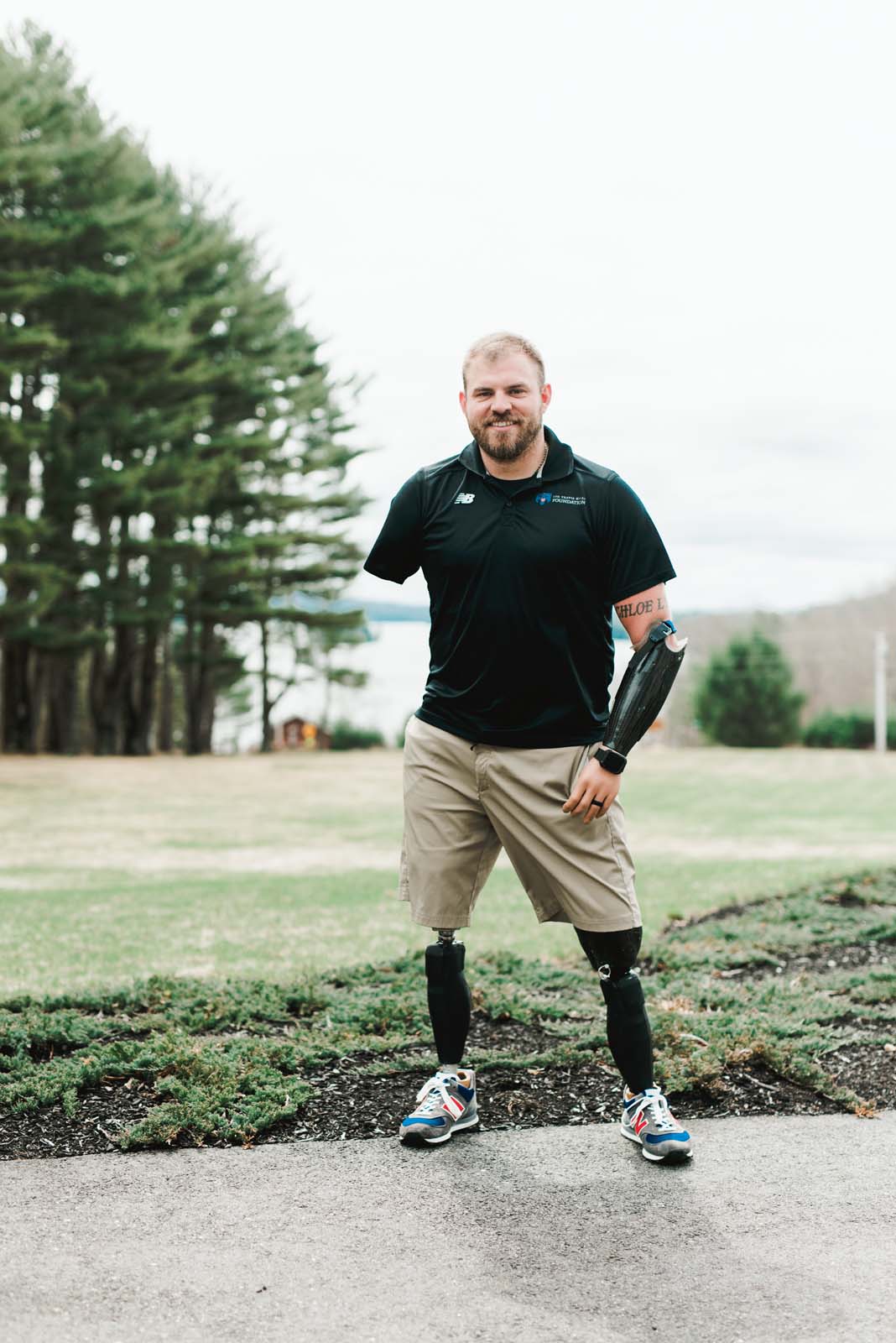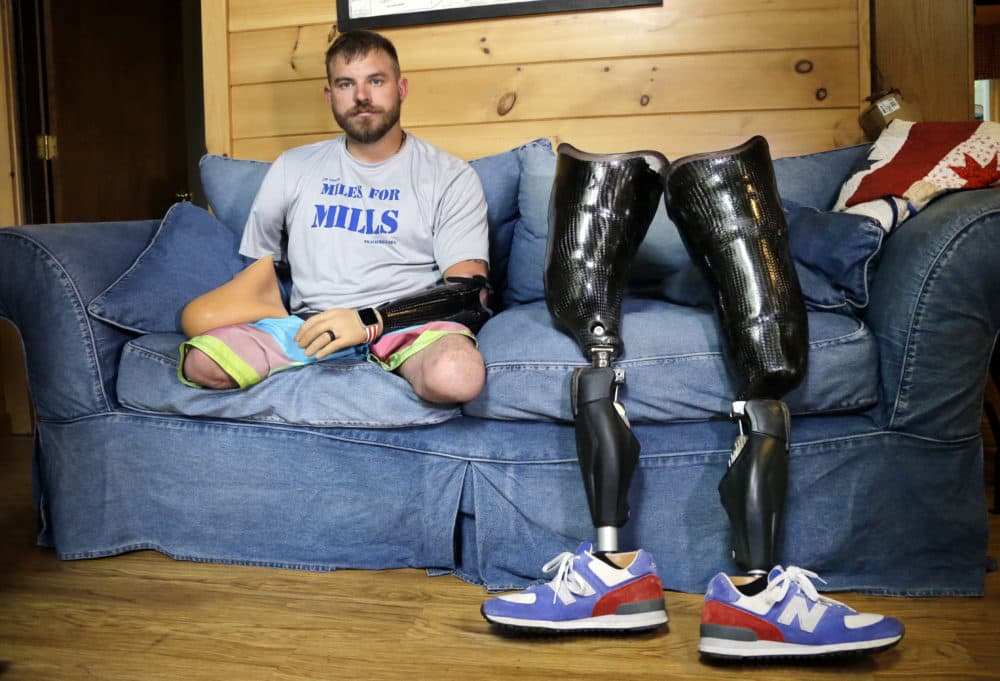BETHESDA, MD (WGME) — Never give up, never quit are the words Travis Mills lives by. Travis is one of five quadruple amputees who survived the wars in Iraq and Afghanistan.
And for Travis, his road to recovery all started in Bethesda, Maryland at the acclaimed Walter Reed Medical Center.
The Walter Reed National Military Medical Center in Bethesda, Maryland is home to the new Military Advanced Training Center. This is where soldiers who’ve lost limbs are fitted with new prosthetic limbs. It’s also where they learn how to use them.
“I got hurt April 10th. It was an earth-shattering moment. No arms and legs. What am I going to do?” Travis said.
Promoted LinksDuong Ha Duy Phien: Grab all channels for life at $49Techno Mag
Army Staff Sergeant Travis Mills is one of only five soldiers to lose their legs and arms in an explosion and survive.
“I just had a normal day at work that turned ugly,” Travis said.
He was on patrol in Afghanistan when an IED exploded beneath him. He was later fitted with prosthetic limbs at Walter Reed, where he spent the next year and a half learning to use his new arms, legs, hands and feet.
“I don’t dwell on the past. I’d rather miss it. I’d rather miss the past, but I don’t dwell on it, because I can’t change it,” Travis said.
David Beachler is lead prosthetist at Walter Reed. He says they’re blessed with some of the most advanced prosthetics in the world.
“They’ve sacrificed a lot and we give everything we can to them and help them out the best that we can,” Beachler said. “There’s all kinds of new devices out there, wew articulating hands that have five motors in the hands. This is designed for doing pull-ups or doing weightlifting.”
Beachler says the first challenge is to custom fit artificial limbs around the bony growth at the end. “Which is usually caused from the blast, and so we have to accommodate to that. We have to be very specific on where we put pressure on the limbs,” Beachler said.
Once fitted, soldiers spend as long as it takes to learn to use them.
Joe Butkus heads the occupational therapy department, where soldiers like Lance Corporal Chris Cowen learn to use their new prosthetics in everyday life. He lost his leg in a motorcycle accident.
“It’s a wonderful place because everything is here; your therapies, your prosthetics, your surgeons,” Butkus said. “It’s amazing, you know. It’s a real privilege to work with guys that have given so much.”

“It’s just amazing to see over the years how many different adaptations people have had to undergo to allow them to recover successfully,” Robert Bahr, physical therapist, said.
Bahr is one of the physical therapists. Tammy Phipps teaches amputees to drive a car.
“It’s really just very exciting to see them regain their independence. And really, it’s something that they never thought was possible. I mean, prior to coming to Walter Reed, who would think that somebody who’s missing all four limbs is going to be driving safely, independently,” Phipps, occupational therapist, said.
Travis has since authored a book about his experience, tours the country as a motivational speaker, and he created a foundation and a retreat in Maine to benefit and assist wounded and injured veterans.

“For the doctors and nurses that worked on me, and the love and support I was shown. We just want to give back. I feel like this is a great way to do it,” Travis said.
Travis says he was wounded once, but not anymore. He says his new mission to help other soldiers heal.
“They don’t have to live life on the sidelines. That they can keep going forward, that they can be a productive member of society and their family,” Travis said.
Travis endured 19 months of rehabilitation and therapy at Walter Reed. Doctors call his recovery remarkable. It’s no wonder he remains an inspiration for other wounded warriors and amputees.









